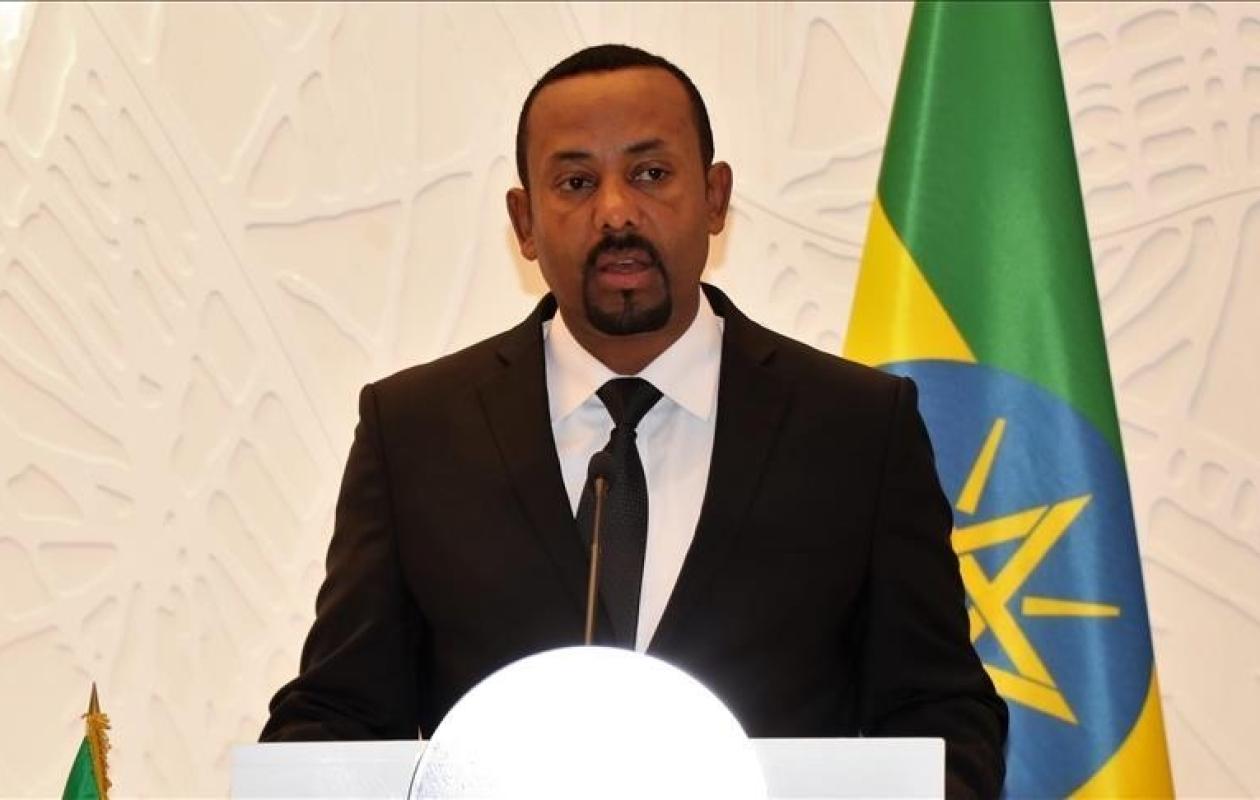
L'Ethiopie accuse l'Erythrée de "se préparer activement à une guerre" contre elle
Funding armed groups, interference, attempted destabilization: Ethiopia accuses its Eritrean neighbor, as well as a faction of the Tigray People's Liberation Front (TPLF), a party that dominated Ethiopian politics for almost thirty years, of "actively preparing for war" against it.
Relations between Ethiopia and Eritrea have been extremely tense for several months.
In a letter to UN Secretary-General Antonio Guterres, dated October 2, a copy of which was obtained by AFP on Wednesday, the Ethiopian Foreign Ministry also accused Asmara and "an extremist faction of the TPLF" of "financing, mobilizing and leading" armed groups, particularly in the Amhara region, where the federal army has been fighting rebels for several years.
"The collusion between the Eritrean government and the TPLF has become more evident in recent months," Addis Ababa said, adding that its Eritrean neighbor is the "main architect of these nefarious activities" and is seeking to "destabilize and fragment Ethiopia."
When asked by AFP about these accusations, Eritrean Information Minister Yemane Ghebremeskel and the TPLF have not yet responded.
Ethiopia and Eritrea have experienced rocky relations in recent years. Eritrea gained independence from Ethiopia in 1993 after a long armed struggle. A bloody war that left tens of thousands dead pitted the two Horn of Africa countries against each other between 1998 and 2000 over border disputes.
Relations warmed in 2018 with the coming to power of Ethiopian Prime Minister Abiy Ahmed, who reached a peace agreement with President Issaias Afeworki, who has ruled Eritrea with an iron fist since 1993.
This agreement earned the former the Nobel Peace Prize the following year. The Eritrean army supported Ethiopian federal forces during the bloody Tigray War between 2020 and 2022, which left at least 600,000 dead, according to an African Union estimate.
Access to the sea
Since the end of the conflict, relations have again been at loggerheads, with Asmara accusing its landlocked neighbor of eyeing the port of Assab.
For several months, Ethiopian Prime Minister Abiy Ahmed has been repeating his desire for the country, the second most populous on the continent with some 130 million inhabitants, to have access to the sea, which it lost since Eritrea's independence, through legal means.
"Ethiopia has repeatedly expressed its willingness to engage in good faith negotiations with the Eritrean government," Ethiopian Foreign Minister Gedion Timothewos said in the letter.
"The Eritrean government must respect the sovereignty and territorial integrity of Ethiopia and refrain from any interference in its internal affairs," the Ethiopian authorities also stressed.
In March, in an already tense context between the two neighbors, Asmara had urged "the international community to "put pressure" for Ethiopia to respect "the sovereignty and territorial integrity of its neighbors" before describing as "false accusations" the "alleged preparations of Eritrea for a war against Ethiopia".
Eritrea, one of the least populated countries on the continent with some 3.5 million inhabitants, has recently moved closer to Egypt, which also has strained relations with Ethiopia.
Addis Ababa has also targeted a faction of the TPLF, which ruled Ethiopia with an iron fist from 1991 to 2018, before being marginalized following Mr. Abiy's rise to power.
The party has been legally deregistered since its deregistration in May by the electoral commission, but its members continue to effectively administer the northern region, which borders Eritrea. Relations have become strained in recent months between the federal and local governments.
Commentaires (3)
Participer à la Discussion
Règles de la communauté :
💡 Astuce : Utilisez des emojis depuis votre téléphone ou le module emoji ci-dessous. Cliquez sur GIF pour ajouter un GIF animé. Collez un lien X/Twitter, TikTok ou Instagram pour l'afficher automatiquement.